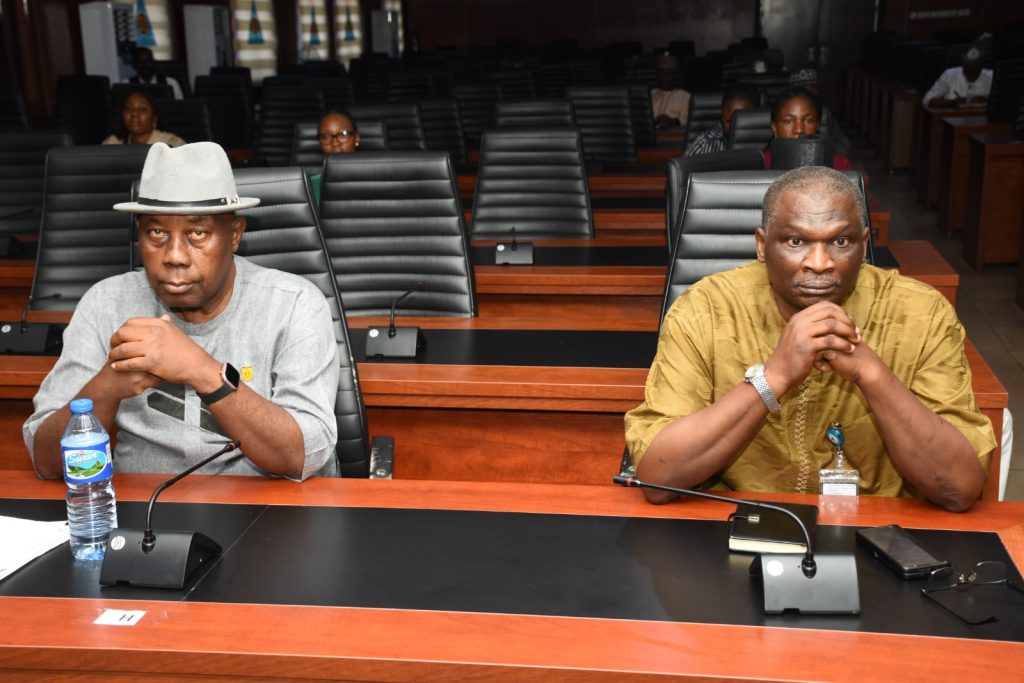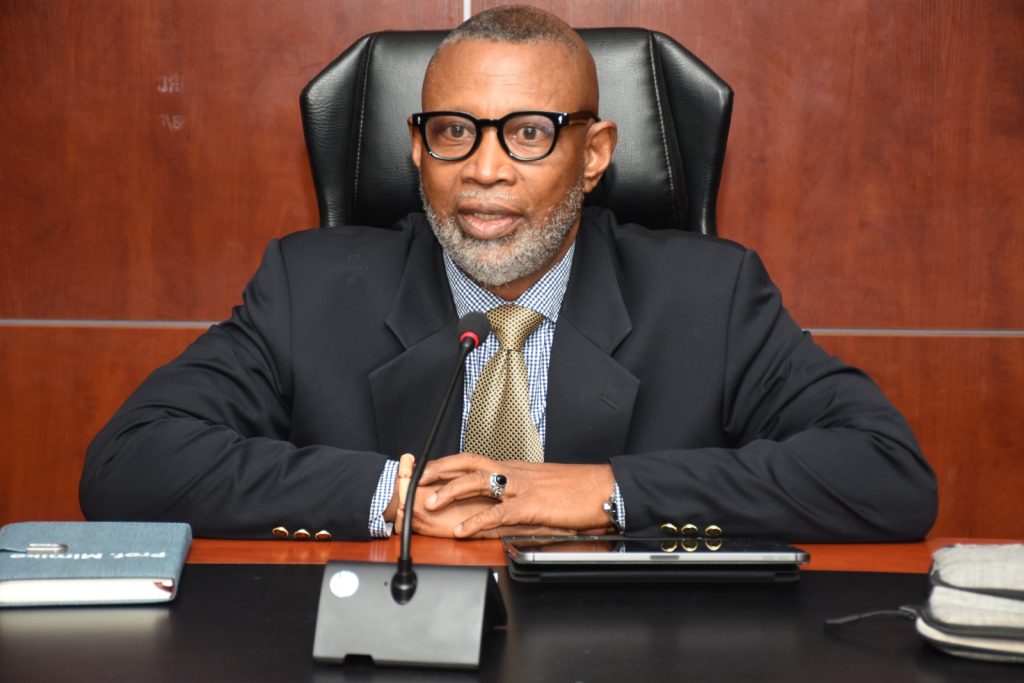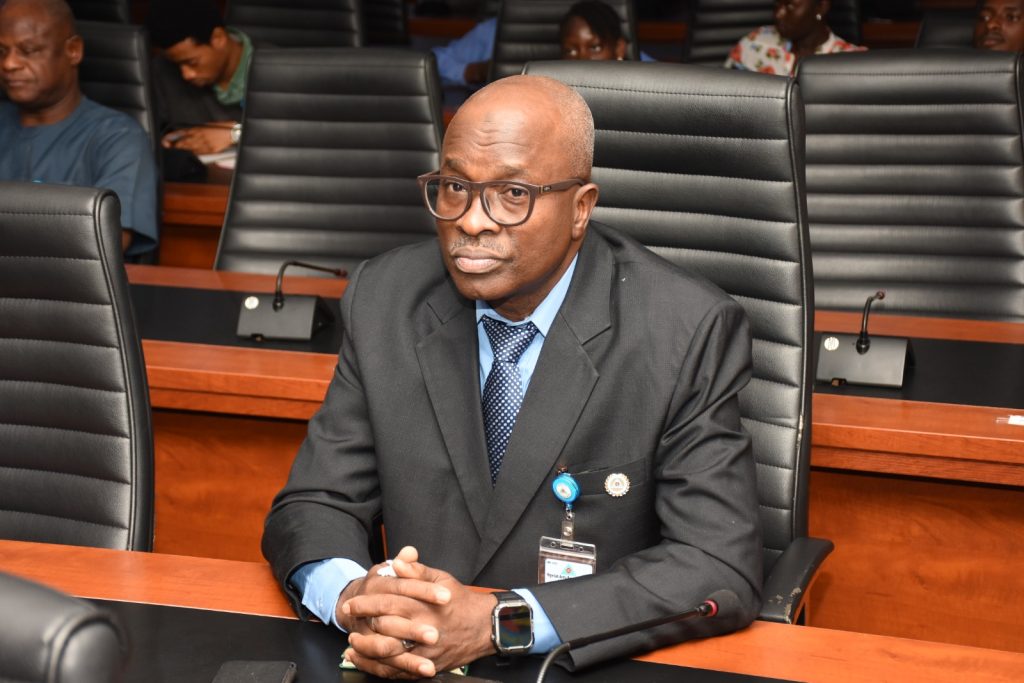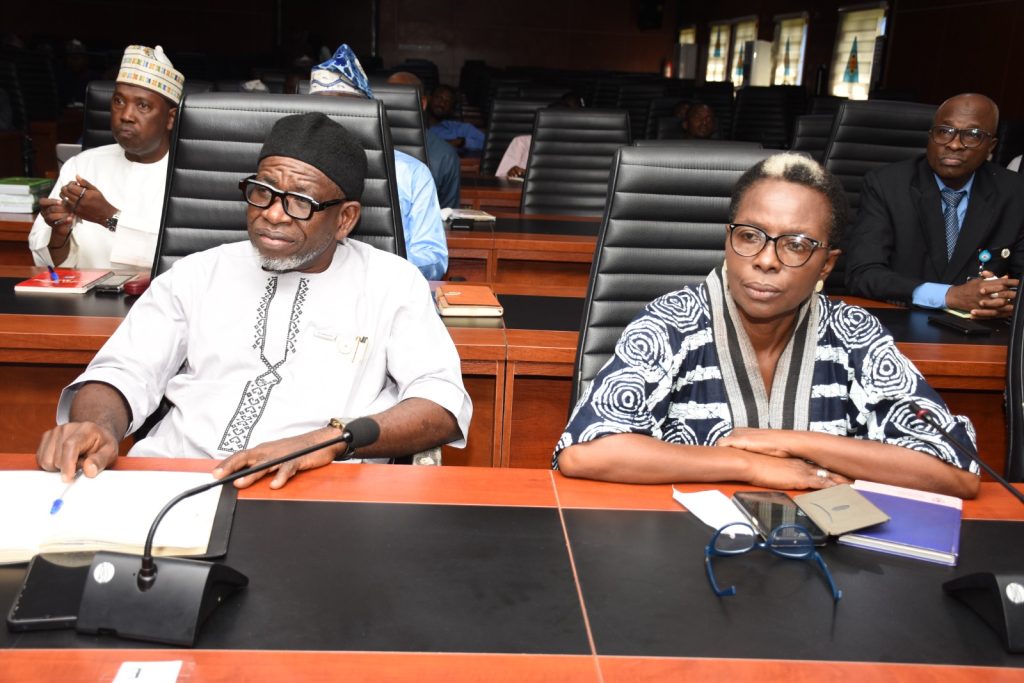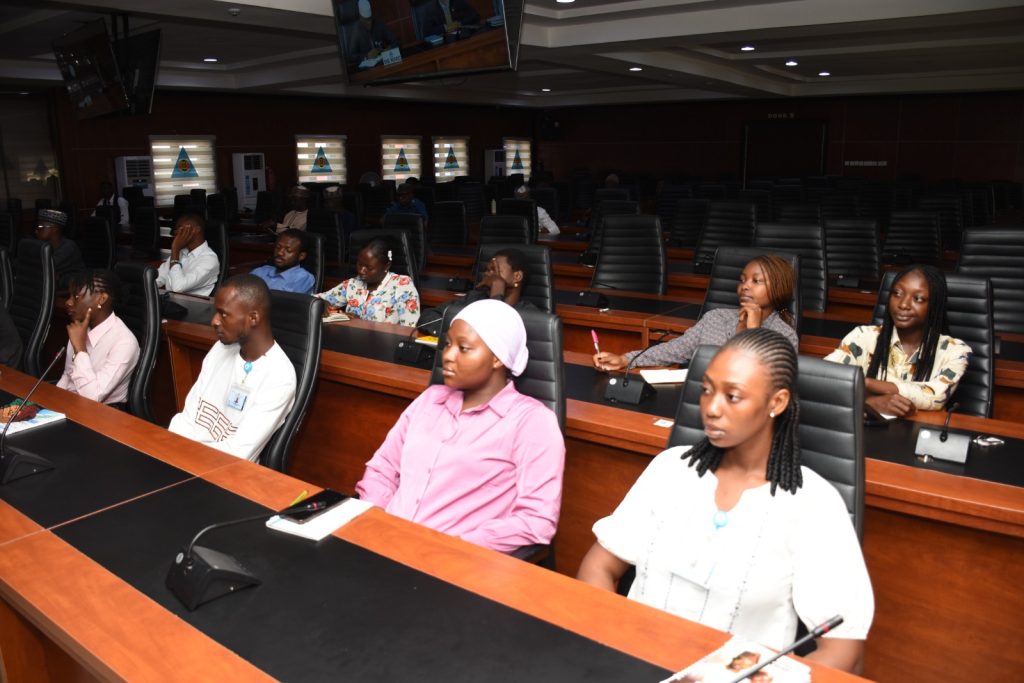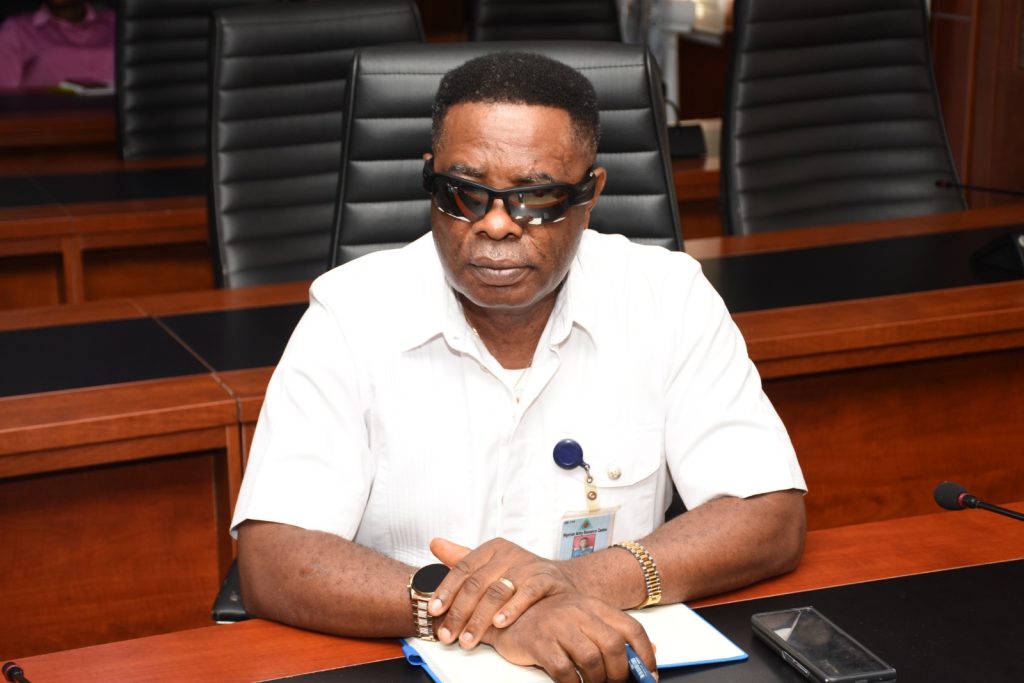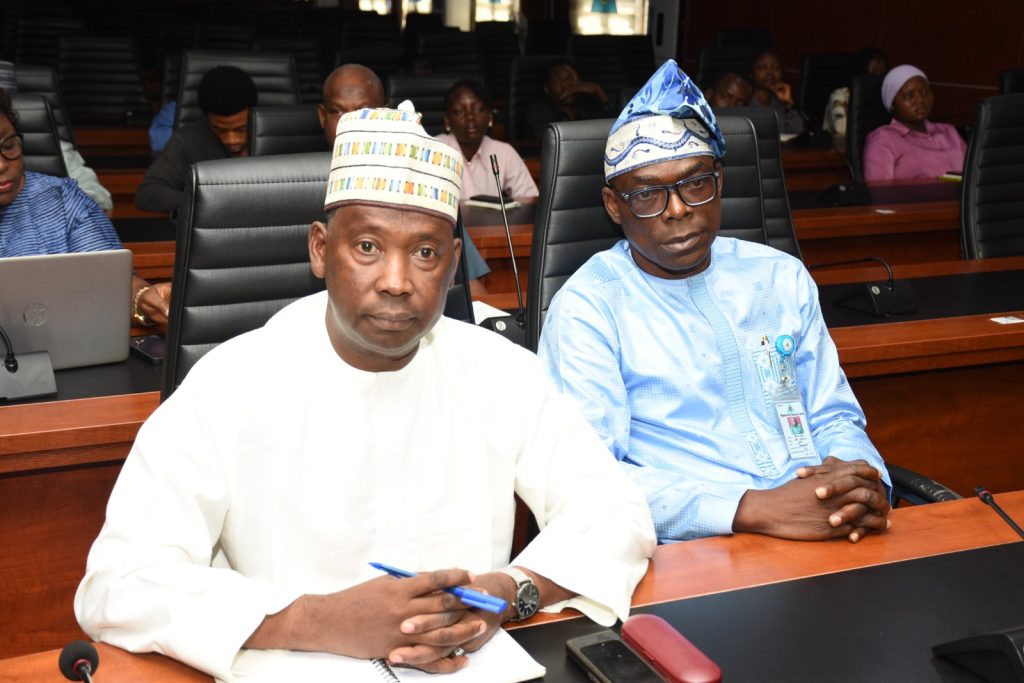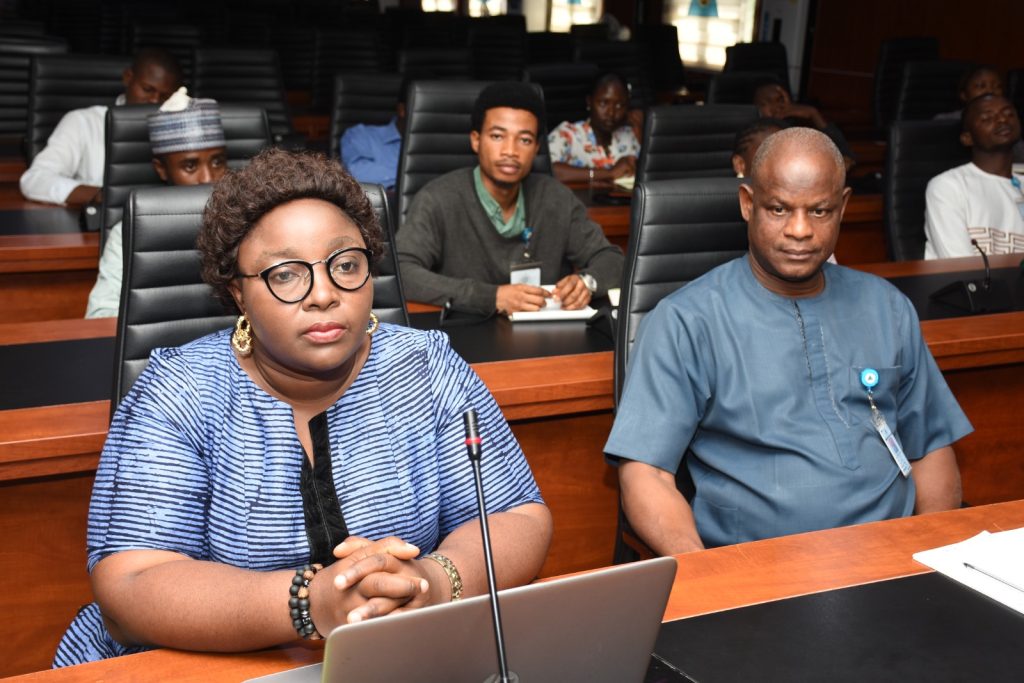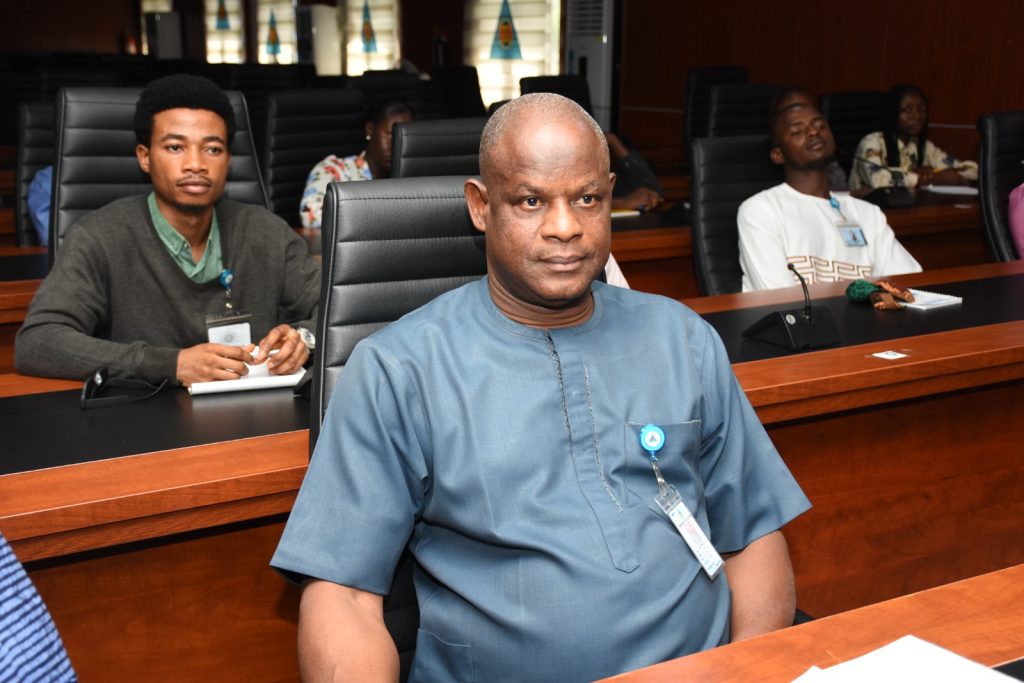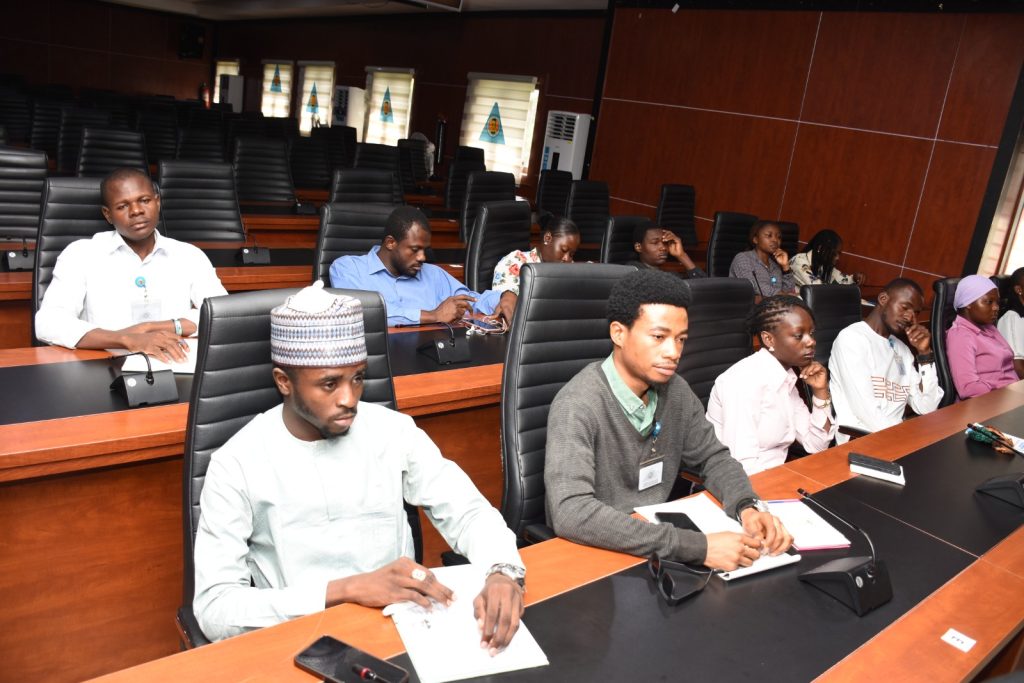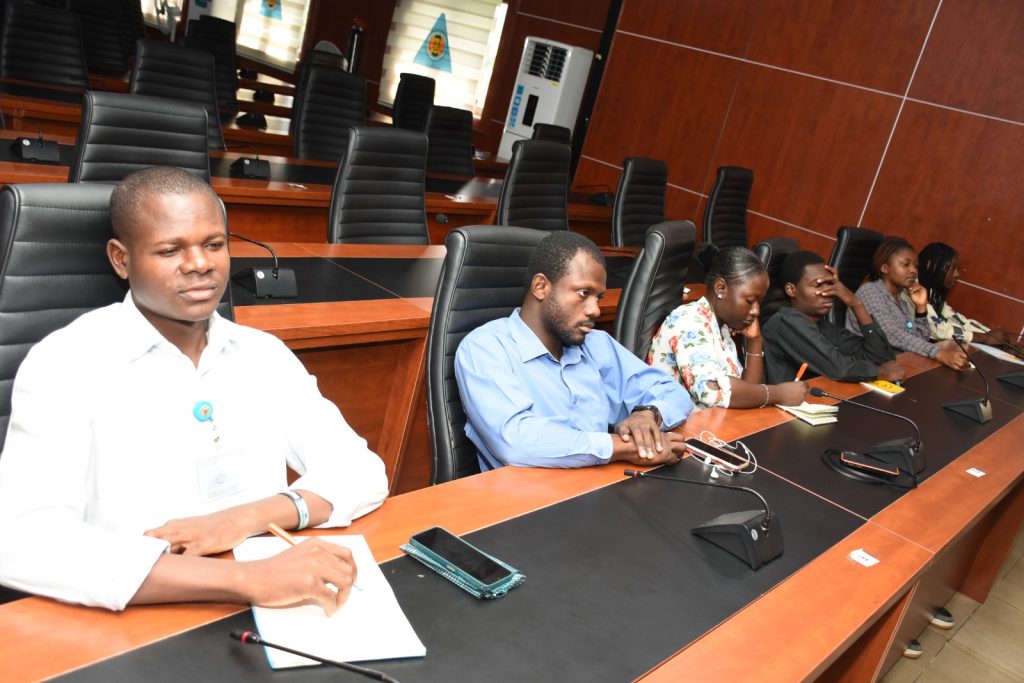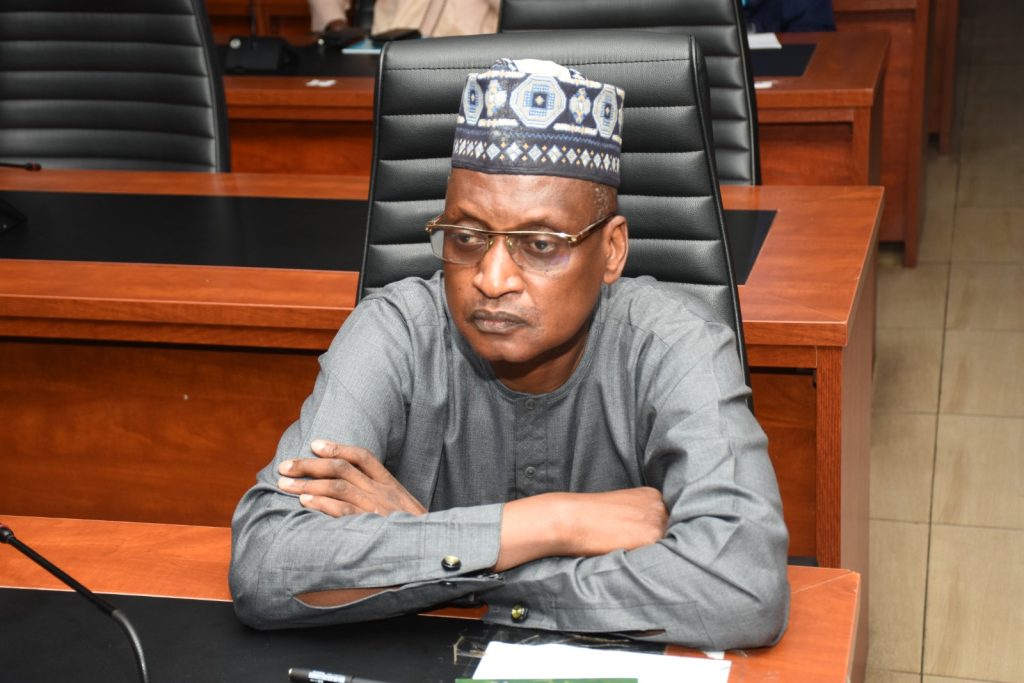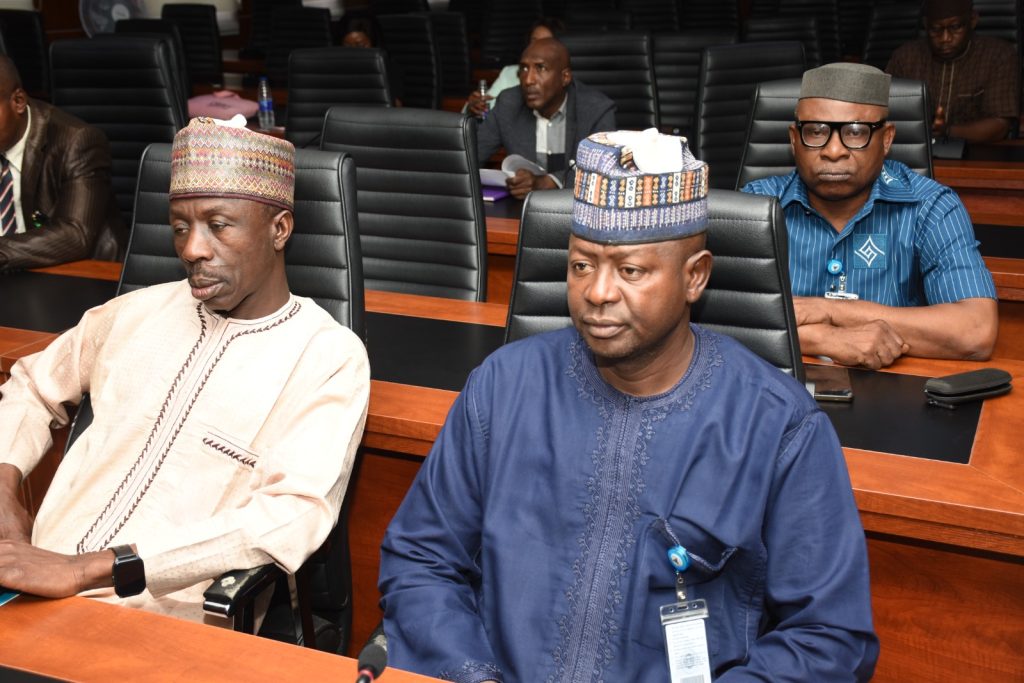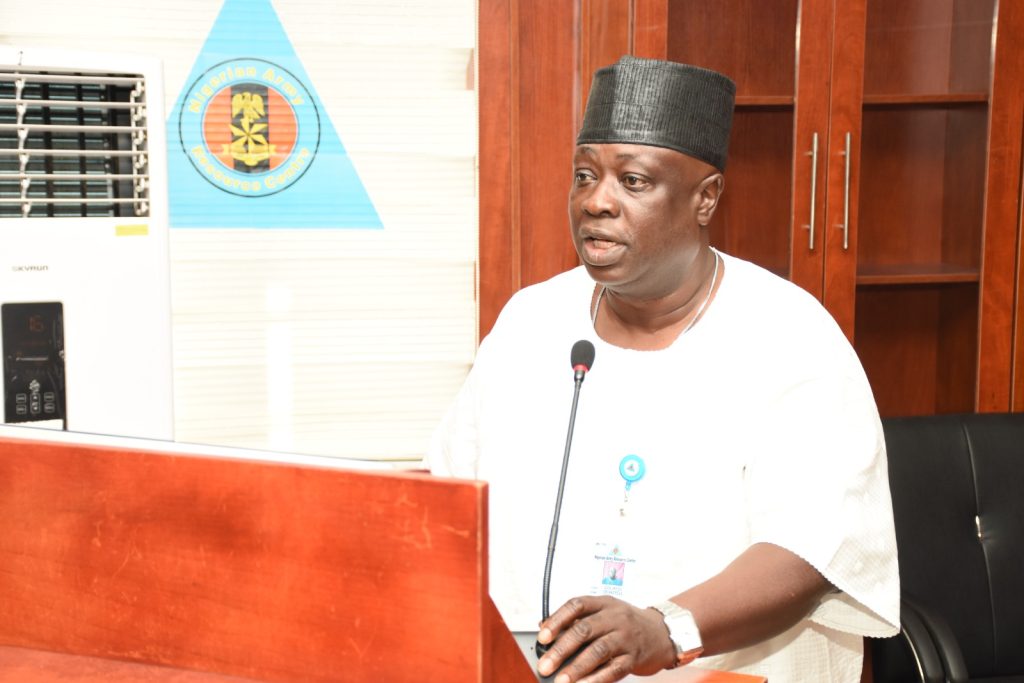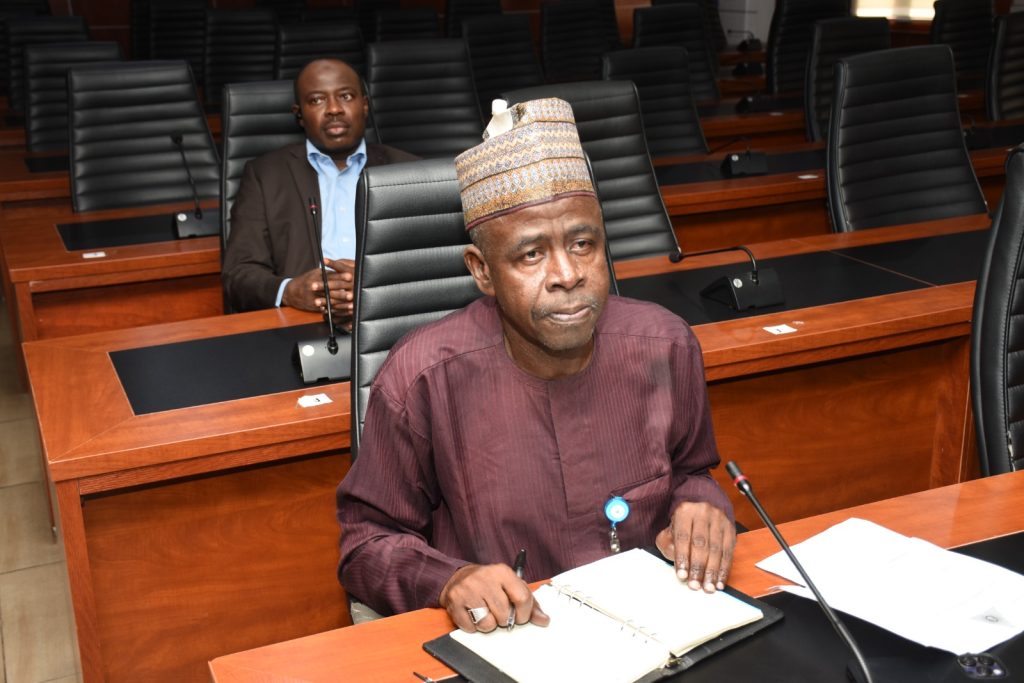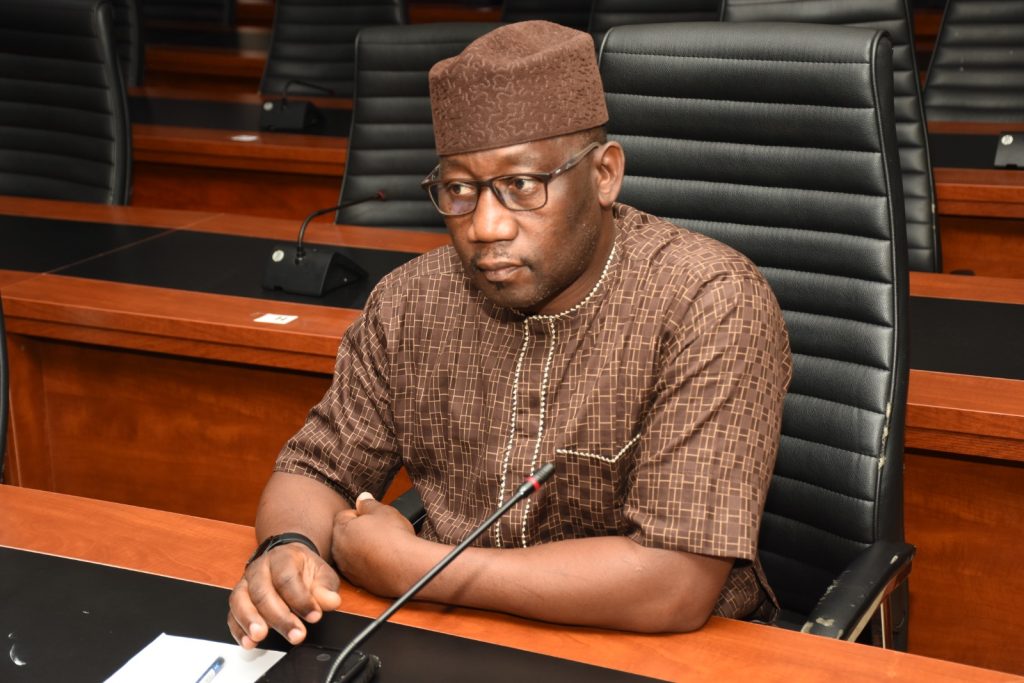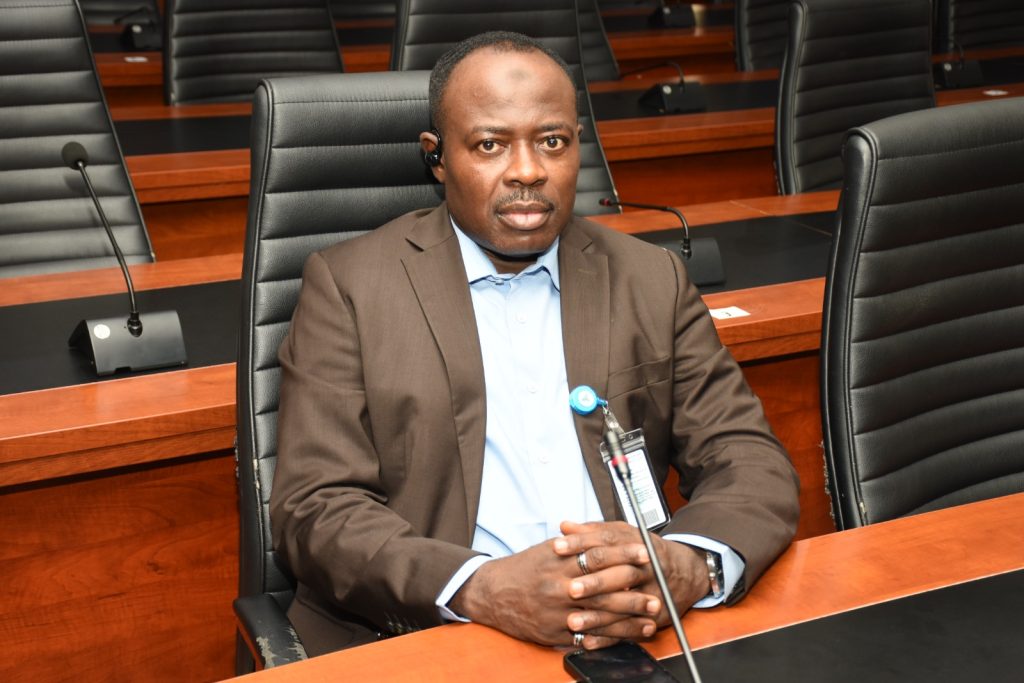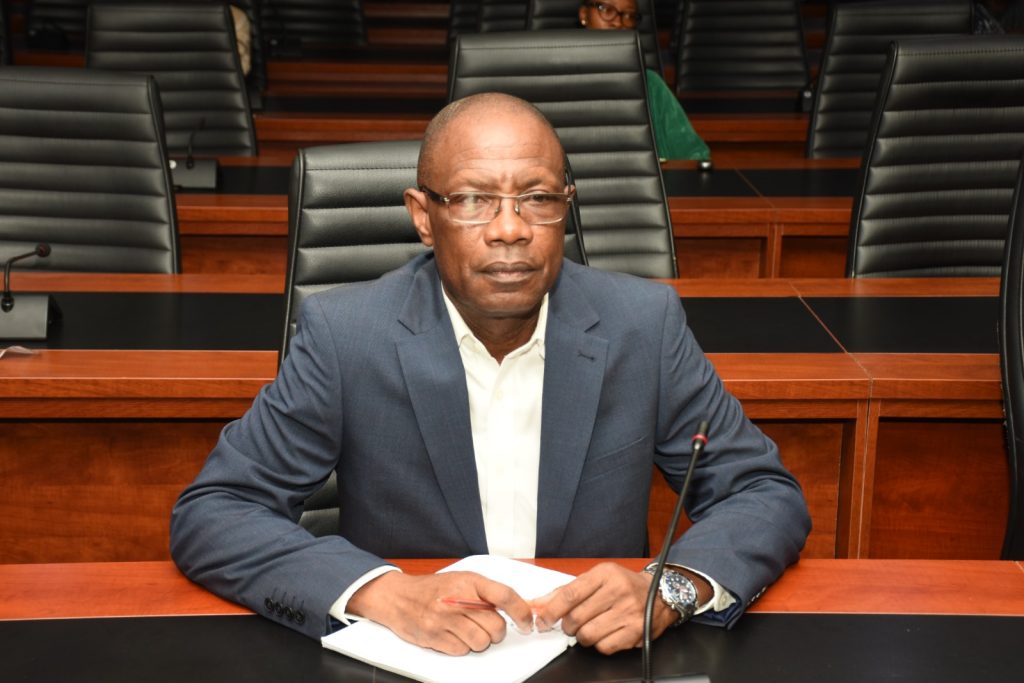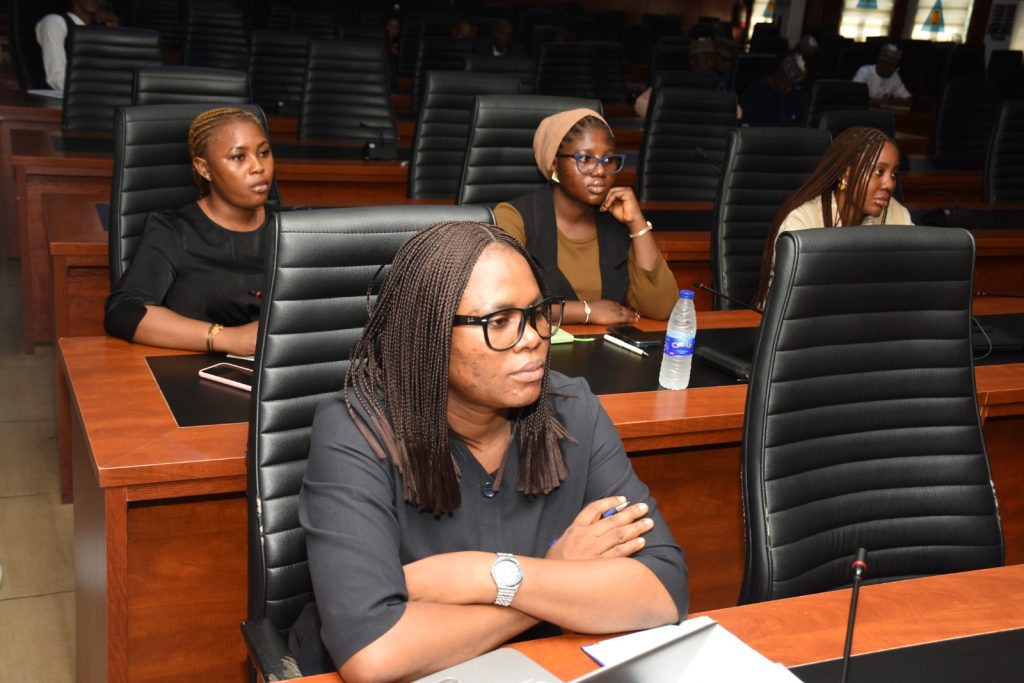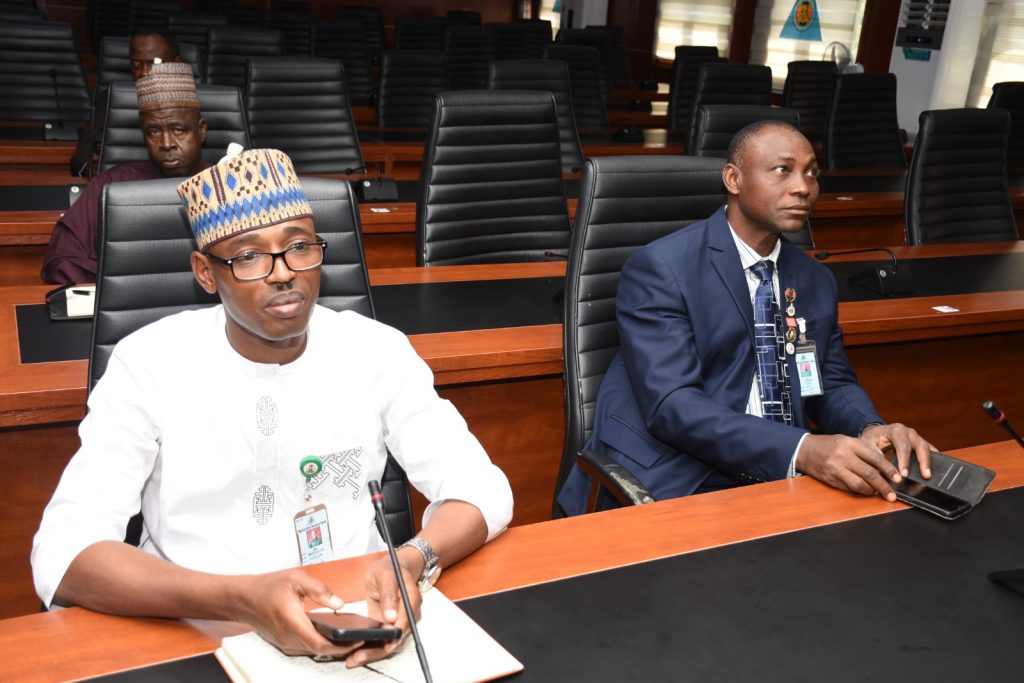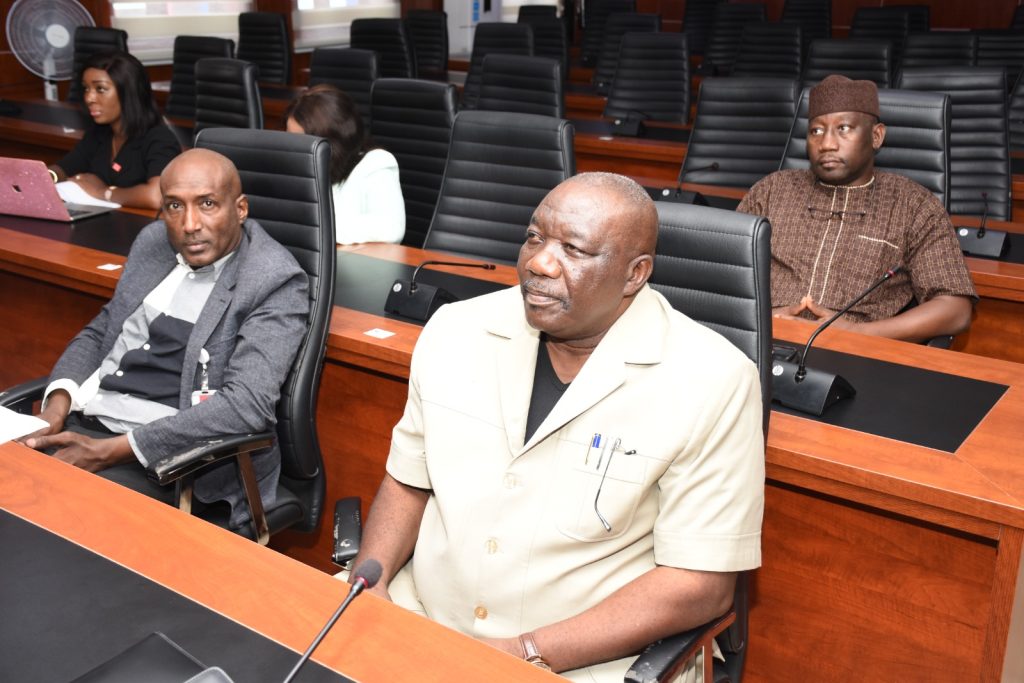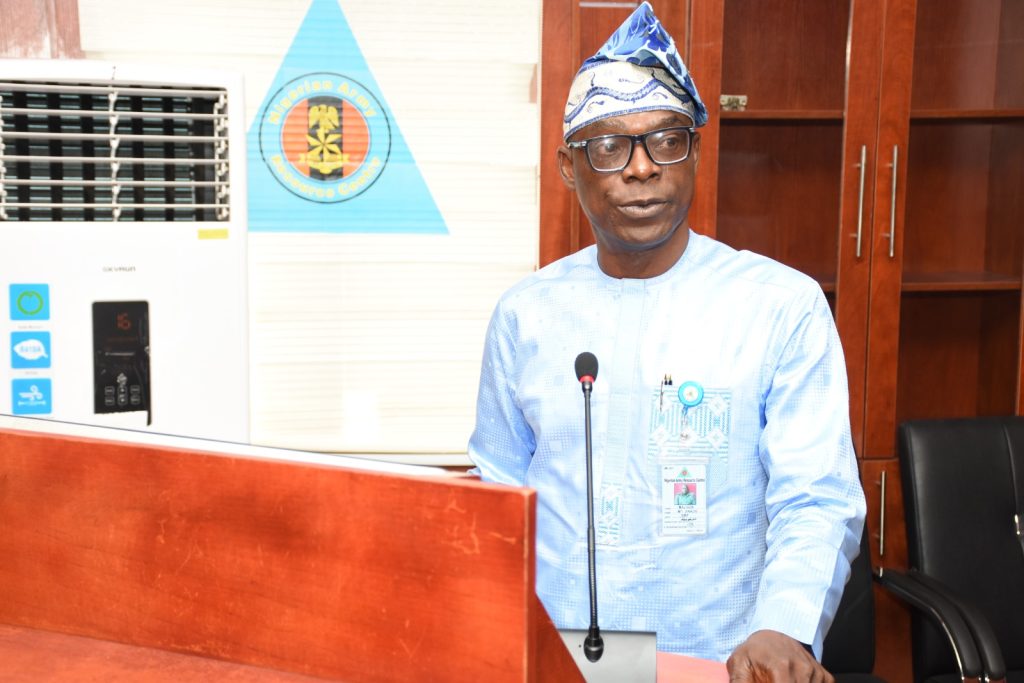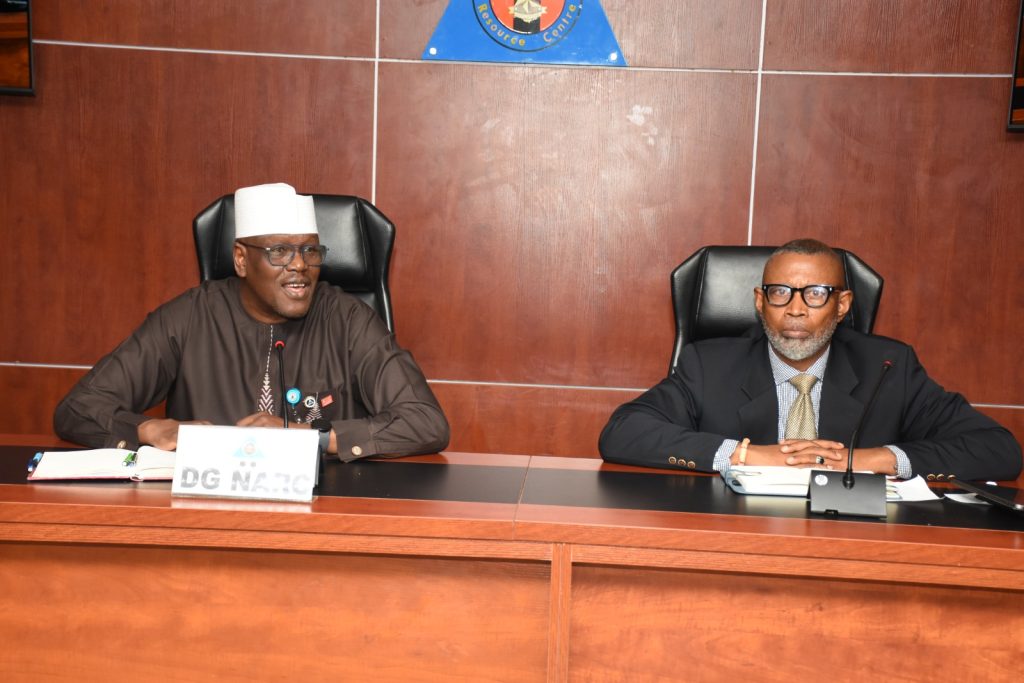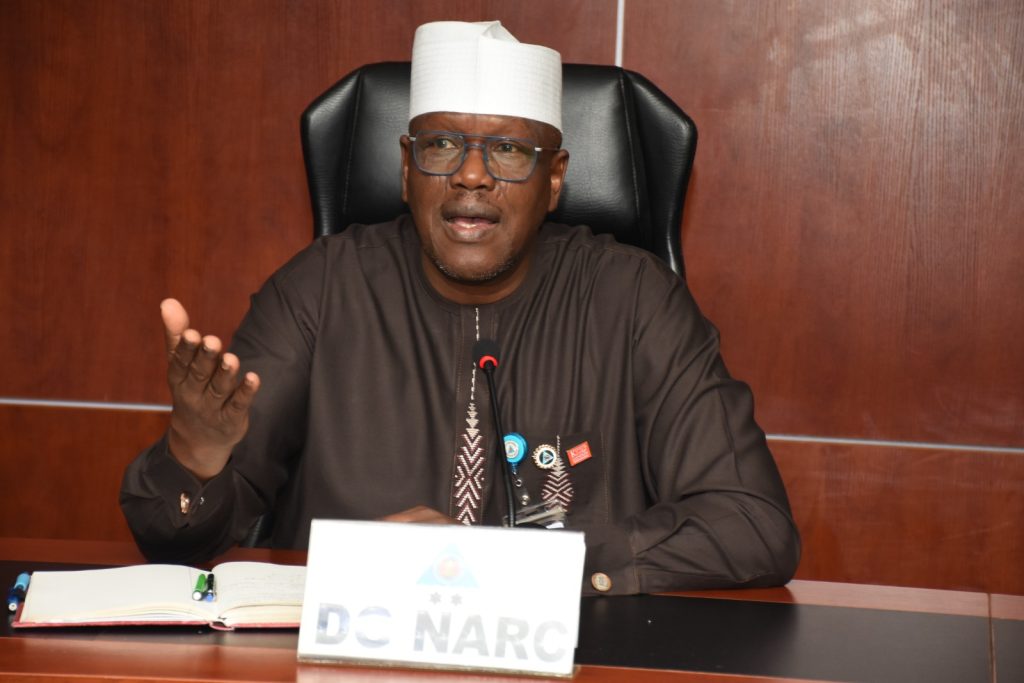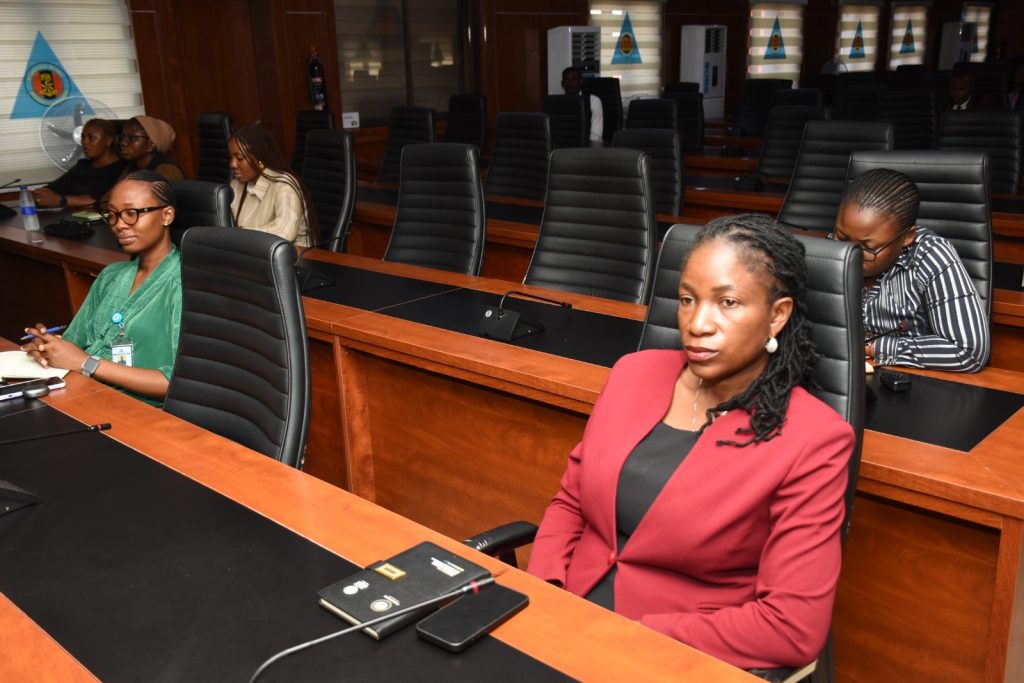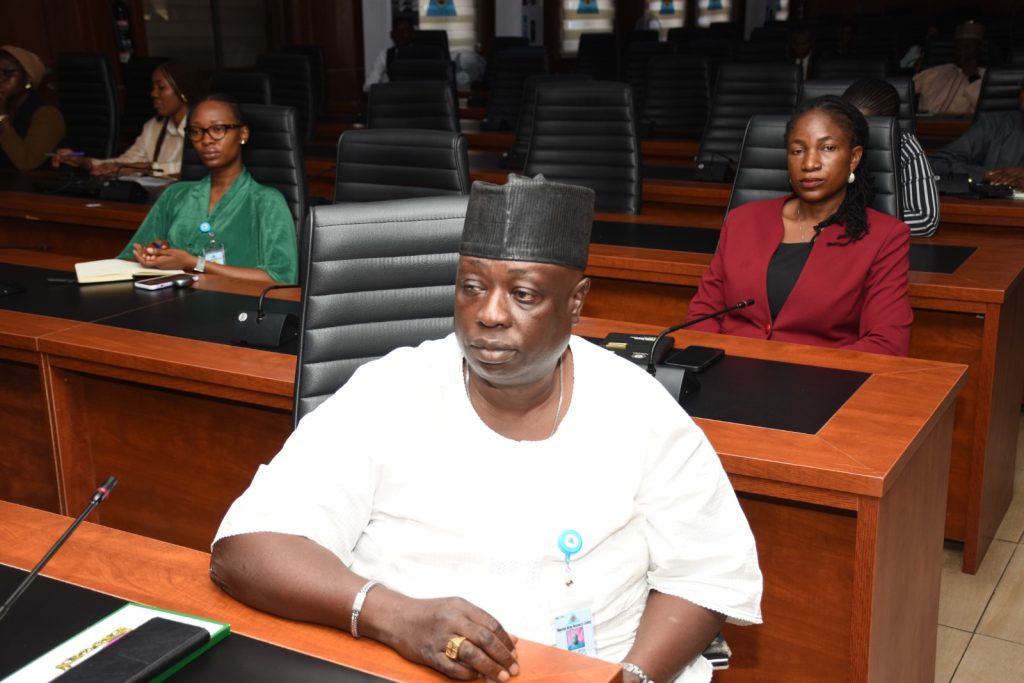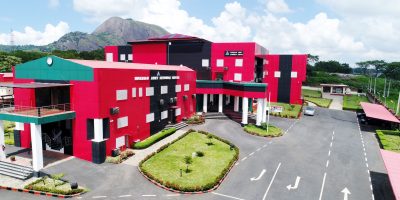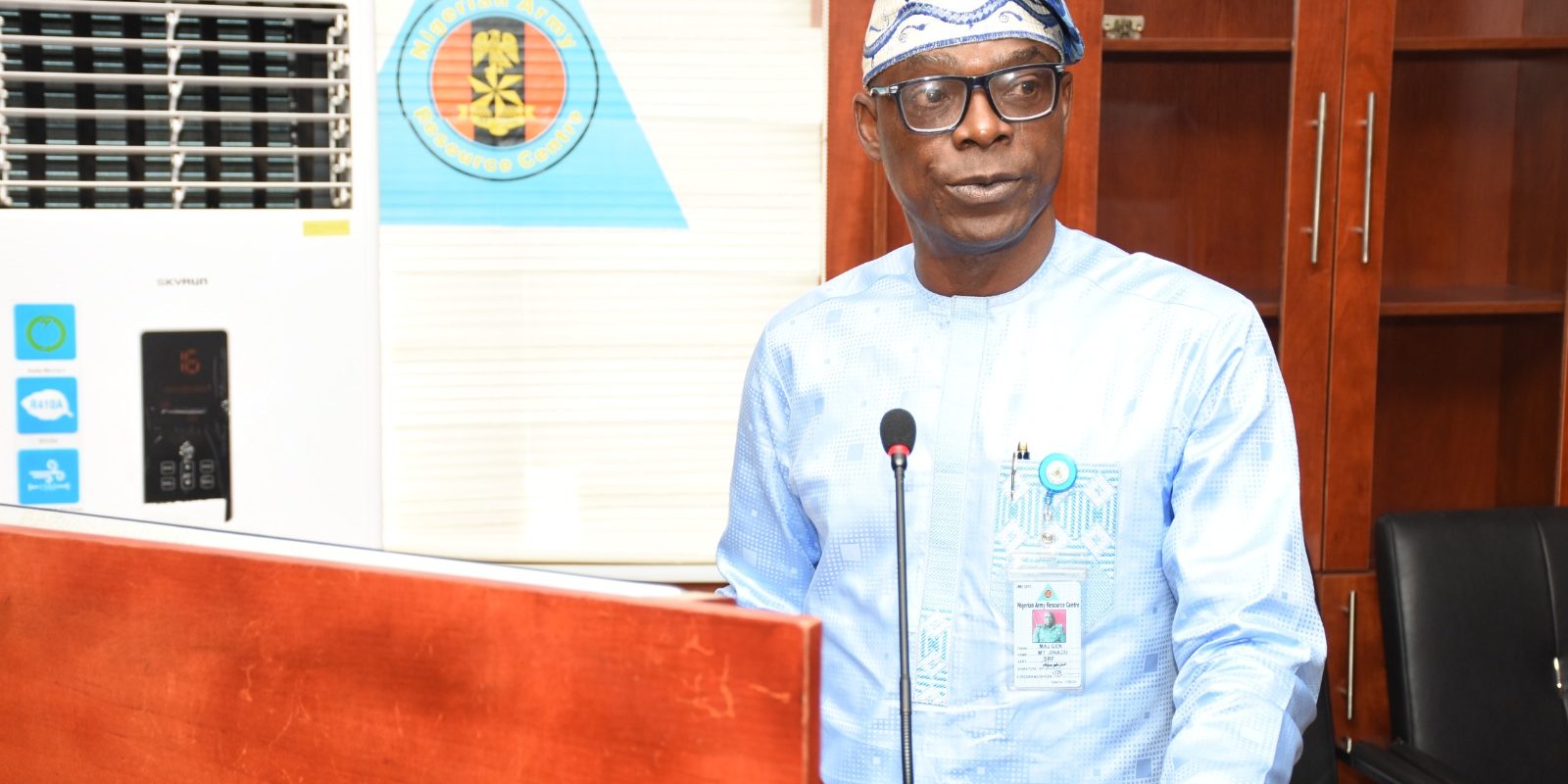Nigerian Army Resource Centre (NARC) Weekly Subject Experts’ Presentation was held at Hall C TY Buratai Block, Abuja. There were two presentations made by the Subject Experts on Southern Africa and United Kingdom.
The first presentation was made by Col OR Akerele (Rtd) Subject experts on Southern Africa Centered his presentation on how, World Bank Africa Gender Innovation Lab Says Women Financial Access and Entrepreneurial Inclusion Can Fuel Lesotho Economy. Women face significant challenges in assessing financial services globally; resulting in a “financial gap” Where they are less likely than men to have Bank accounts, access credit, and use financial products like Insurance. This gap is particularly pronounced in regions like Sub-Sahara Africa and Southern Africa where cultural norms, religion, lower literacy rates and limited access to information contribute to this disparity. However, financial inclusion can boost women economic empowerment by providing services such as loans, savings and insurance that build economic agency and resilience for women, their household and communities. This will in turn support economic growth via jobs, livelihood opportunities and economic stability, through their resilience to such challenges.
In his analysis and lessons for Nigeria, Col OR Akerele (Rtd) pointed out that, in Nigeria, Where the private sector contributes over 90% to our economic growth and women are 1112, 68 million as at 2023, accounting for about 56% (Meta AI), financial access and inclusion remains pressing challenges especially considering that only 47% of women accessed informal financial services in 2023 compared to 58% of men in 2024. Where cultural norms, religion, low literacy levels and limited access to information have also contributed to widen this gap, the government through the Ministry of Women Affairs, could develop Policies and evolve frameworks to mitigate these challenges in order to close this gap and enhance women contribution to Nigeria’s Economic growth.
This, will enable women to equally participate in and benefit from decent work and social protection, access markets and participate in governance of the country. The National Financial Inclusion Strategy, launched by the CBN in 2012 aimed at financial inclusion for women was targeted to include 28 million Nigerians, especially women without access to financial products and services to increase their contributions to the Nigeria economy. (CBN Report, December 2024). This effort was eventually abandoned by the CBN, partly due to poor implementation, change of leadership at the CBN and at the national level and other political reasons. The Central Bank of Nigeria (CBN) also held its 2nd International Financial Inclusion Conference (IFIC) in Lagos, with a strong focus on empowering women and youth as key drivers of Nigeria’s economic growth. The CBN Governor, Mr. Olayemi Cardoso and other key figures stressed the importance of bringing financial services to underserved population, especially women and young people who often face significant barriers to accessing finance.
He recommended that, The Ministry of Women Affairs and Social Development should collaborate with the CBN and NSE to evolve policies and draw framework and initiatives to increase women financial access and entrepreneurial inclusion in Nigeria.
The second presentation was made by Maj Gen MT Jinadu Subject experts on United Kingdom Focused his presentation on how, Mortgage Deal Helps 800 First-Time Buyers On To The Property Ladder. On 15 May, 2025, the Yokshire Building Society (YBS) said more than 800 people have been helped on to the property ladder in the year since a £5,000 deposit mortgage was launched. YBS said the deal would enable first-time buyers across England, Scotland and Wales with a £5,000 deposit to purchase a property valued at up to £500,000.For someone buying a typical first-time buyer property at £200,000, a £5,000 deposit would equate to 2.5% of the purchase value with the remaining 97.5% being borrowed as a mortgage. Ben Merritt, Director of Mortgage at YBS said “launching this products and seeing the effect it had, has been so humbling and really brought home to us the fact that what we do is not just about bricks and mortar” YBS said some people have cried with happiness on the phone when they were told a decision-in-principle had been agreed. It said customers have also confirmed that the property has not only enabled them to get on the housing ladder faster but also to make other life plans such as getting married and starting a family. Meanwhile, a survey commissioned by West Brom Building Society among more than 2,000 private vendors across UK found more than half (52%) believe that high home prices are their biggest barrier to owning a home. Two-fifth said rising living costs are making it hard to save for a deposit while a quarter cited high mortgage rate as a factor.
In his analysis and lessons for Nigeria, Maj Gen MT Jinadu stressed out that, Nigeria faces a significant housing deficit, an estimated 28 million units lacking adequate housing according to Businessday NG and the Nigerian Economic Summit Group. This deficit is driven by factors including rapid population growth, urbanization, high land acquisition costs, rising construction material prices, and limited access to affordable mortgage financing. In the last 3 decades, the housing deficit in Nigeria has risen to an extremely disturbing level. (Oshundairo, 2023). Available data shows that in 1991, Nigeria’s housing deficit was 7 million. It rose to 12 million in 2007; 14 million in 2010, 20 million in 2018 and 2023 it is estimated to be 28 million (Punch, 19 Nov 23).There are real estate experts who say the housing deficit in Nigeria is well over 50 million, depending on the indices of data collection. Effective mortgage financing in Nigeria would have reduced the housing deficit. However, mortgage loan requirements are often confusing due to the technical nature of real estate market. A mortgage loan is a type of long-term loan used to purchase or improve real estate. This include a home, land, estate, office buildings, shopping malls, and hotels, among others. The dream of home ownership remains elusive for large portion of the population, largely due to challenges in accessing affordable mortgage financing. The informal sector (self-employed and those working in unregistered businesses) finds it difficult to meet stringent requirement of formal mortgage lenders. Despite the country’s growing real estate sector, the mortgage industry is still underdeveloped, leaving many aspiring homeowners struggling to secure the financial support they need.
He recommended that, The CBN should through its monetary and financial policies mandate all commercial banks to set up subsidiaries that would specialize on primary mortgage.
